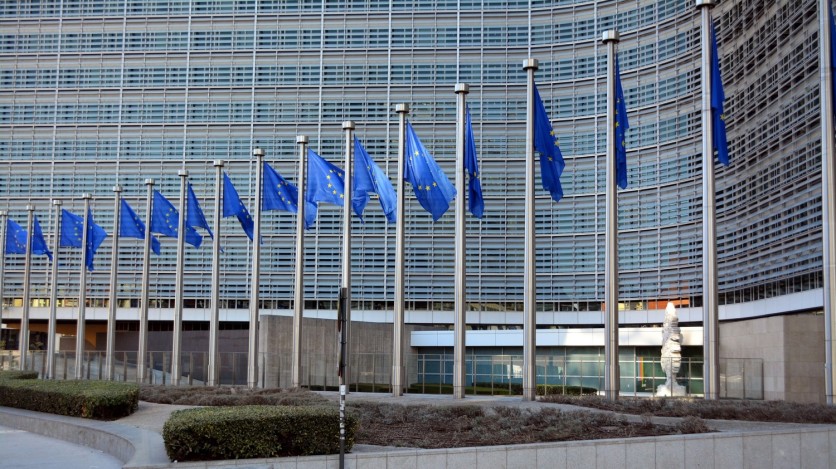The European Union (EU) is eyeing to ramp up the growing tech companies across the continent. To do that, the organization came up with the idea of rolling out the Listing Act, which is expected to be effective in the second half of 2022.
Additionally, the commission wants to attract $47 billion (45 billion euros) in private capital funds, which are intended for "deep-tech" firms.
Europe Investors to Invest in Deep-Tech Funding

Before we dive into the strategies the EU will implement on Tuesday, July 5, let's first know what the Listing Act means.
As seen by Bloomberg via a digital innovation strategy draft, the Listing Act will let "founders and families retain control post-listing, while raising a larger amount of funds and enjoying the benefits associated with the listing."
So far, Europe lags behind China and the United States when it comes to deep-tech companies. The EU sees that the venture capital markets in the region seem to be "risk-averse and fragmented" at the same time.
Other than that, Europe also thrives in finance firms that offer financial services or products like banks and loaning establishments.
"Europe needs to draw in institutional investors to invest in deep-tech innovations. Increasing the proportion of European capital invested in innovative companies and startups is one of our main objectives. This can result in companies relocating their corporate headquarters to Europe," EU's research and innovation commissioner Mariya Gabriel said during the recent European Innovation Area Summit.
Related Article: European Union to Invest $49 Billion and Help Double the Global Chip Production
How Can EU Attract More Startups
There are so many things that the EU could implement to attract many tech firms to the region. The first one is through the Listing Act, which aims to ease up requirements for firms.
Another thing that will be discussed today is the importance of state aid. Bloomberg writes that it will be useful for experimenting with infrastructure and testing.
If the companies want to exercise their "flexible regulations," then there is a need to have "regulatory sandboxes."
To extend help to the new workers, startups could begin offering stock options. This can be accomplished by establishing a special task force for this.
It should be noted that the EU seems to be behind other regions when it comes to the global talent race. As written in the draft, the US is a more preferred place for researchers who want to engage in deep tech.
The EU looks forward to succeeding in its initiative, which aims to look for one million employees who will work in the industry.
Moreover, the organization plans to launch discussions with other nations. This aims to attract more people from third-world countries, as well. In doing so, the EU wants to ease up processing the startup visas for future workers.
Aside from that, the commission will address the issue when it comes to gender and diversity. In fact, only a few women are working in the deep-tech industry.
This article is owned by Tech Times
Written by Joseph Henry
ⓒ 2026 TECHTIMES.com All rights reserved. Do not reproduce without permission.




